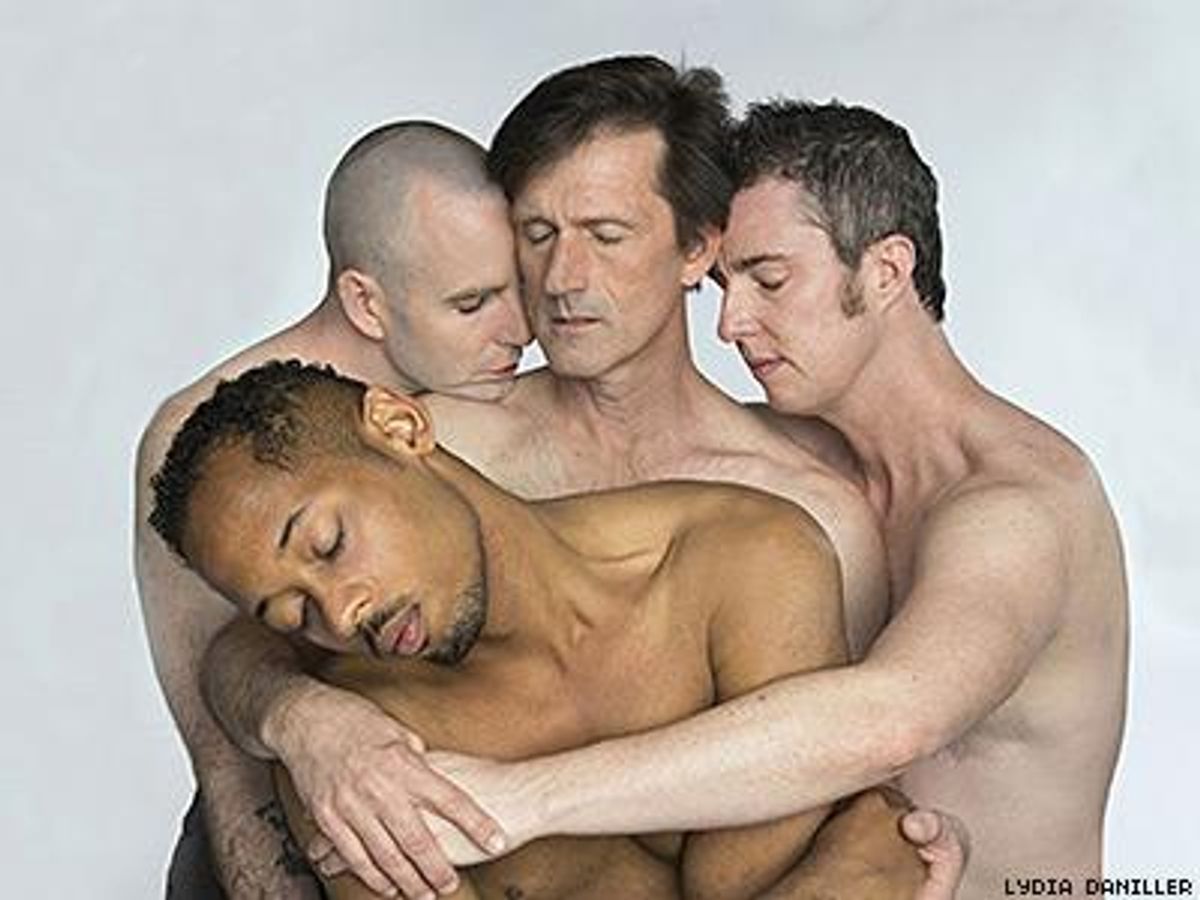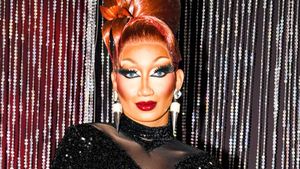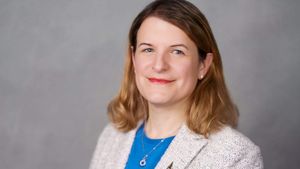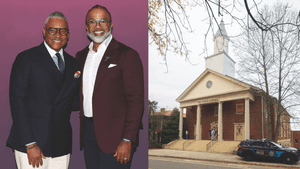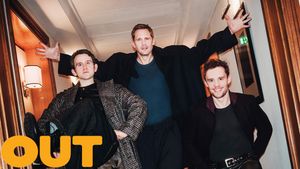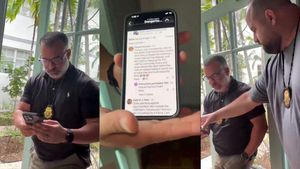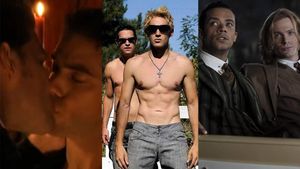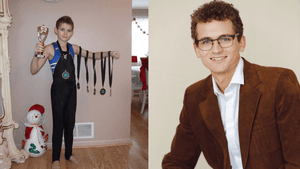AIDS. There was a time in America when those four-letters were enough to spark panic — even among educated medical professionals. Back in the 1980s and 1990s, little about the disease was known — except that it was ravaging the queer and trans community. Within months of being diagnosed, tens of thousands of once healthy and vibrant individuals withered and died.
“There was so much terror,” says Sean Dorsey, the award-winning dancer and choreographer behind the AIDS history performance, The Missing Generation, premiering this week in San Francisco. “So much mass death and grief that people individually had to pack away just to keep functioning.”
Today an HIV diagnosis is no longer a death sentence and it can be easy to forget what those dark days were really like. But the gay, bi, and trans men and women who contracted HIV and survived that period will never forget. And Dorsey doesn’t want you to either.
“I think our culture has largely turned our backs — not just on the early AIDS epidemic, but also on the generation of survivors who lived through those terrifying early years.”
Dorsey wanted to address that grief and loss and felt he needed to do so sooner than later.
“There is an incredible urgency to undertaking this project now,” he says. “During my lifetime, we will see the passing of the last generation of people who actually experienced the early years of the AIDS epidemic first-hand. We are already rapidly losing our community’s stories.
That feeling of urgency spurred Dorsey to craft The Missing Generation, and give voice to those who lived to tell.
“I wanted to capture and share part of this important history and reckon with the loss and grief this generation endured. And to collectively face this history and grieve and heal together. As a trans person, I’m also passionate about documenting and sharing transgender experiences of early AIDS. Despite being decimated by the early epidemic, trans women have been all but forgotten in most AIDS histories and narratives. Bringing these stories forward is really important to me.”
To prepare for creating this dance, Dorsey embarked on a “life-changing” journey: he spent two years traveling the country and recording the stories of survivors of the early AIDS epidemic.
“The people I met with were extraordinary,” he says. “These are people who lost dozens, hundreds, as many as a thousand friends and lovers and clients and patients and family; and the heart, warmth, generosity, humor, intelligence, insight and wisdom that everyone shared blew my heart wide open.”
He also conducted extensive archival research and hosted LGBT and AIDS community arts residencies in six different cities to further expand his understanding of that time, inviting artists to show and speak about the impact of AIDS. In the end he had enough material to write a book — and then he had to compress all of it into one show.
“I truly could have made a 200-hour long show!” Dorsey acknowledges. “It was actually very painful to have to choose the final excerpts and stories that are featured in the show because they are all important and powerful for me.”
While the resulting performance is “a love letter to a forgotten generation of survivors — those who witnessed and experienced the loss [firsthand], ” Dorsey stresses that The Missing isn’t just for those who personally lost someone to the epidemic.
“Younger people don’t get taught this history — but young trans, queer, LGBT people lost an entire generation of elders. People who today would be their mentors, teachers, heroes, gay mothers, gay uncles. We need to grieve this together.”
The performance by Sean Dorsey Dance’s multi-generational dance troupe features a score —which Dorsey says took 350 hours to create — that layers original music with voices and life stories collected on Dorsey’s travels.
“What audiences hear are actual excerpts of the actual interviews,” Dorsey explains. “The score features real people in their own voices telling their real-life stories.”
The Missing Generation premieres this weekend in San Francisco, before launching a 20-city tour including stops in Washington D.C., Pittsburgh, Los Angeles, and Maui.
The director of Sean Dorsey Dance for ten years, Dorsey is recognized as the first acclaimed transgender modern dance choreographer in the U.S.. He is also the founder and artistic director of Fresh Meat Productions, which creates year-round multidisciplinary transgender arts programs.
As anyone who’s previously seen a Sean Dorsey’s Dance performance can attest, it’s not just the affordable ticket prices ($15-25 sliding scale for the San Francisco premiere) that make the troupe’s work accessible to everyday folks. Audience members don’t need an appreciation of opera, classical music or fine art. It’s not Dancing With the Stars, but you don’t need to be versed in modern dance to get the meaning of the choreographed movements.
That’s because, as a choreographer, Dorsey has the uncanny ability to take complex, thought provoking subject matter and transform it into heart-wrenching, gut-punching experiences that leave lasting impressions on audiences.
Or as Dorsey describes The Missing Generation, “it is beautiful, powerful dancing – but it’s also accessible, relatable and emotionally visceral.” Plus Dorsey’s shows generally include “full-throttle dancing, luscious queer partnering [and] gorgeous music.” What’s not to like?
The Missing Generation premieres 8 p.m., Thursday, May 14th at the Dance Mission Theater in San Francisco. It will play there through the weekend before hitting the road and coming to a theater near you. For locations, times, tickets, and more information visit www.seandorseydance.com.
